Zbigniew Suszyński
Nacimiento : 1961-07-26, Rypin

Rockman
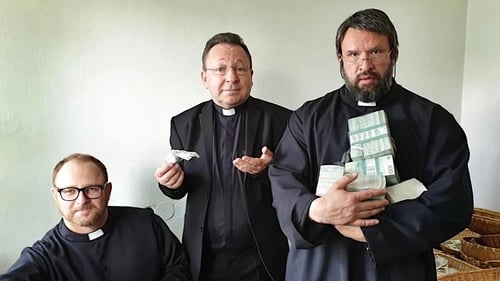
Portraying the events that have taken place in Polish politics in recent years.
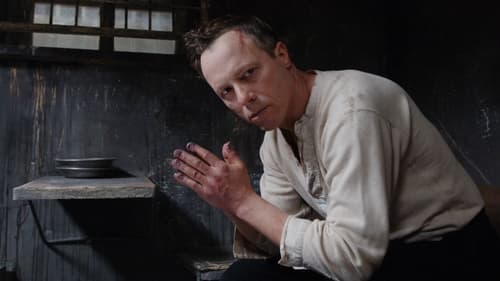
Oddziałowy
Captain Witold Pilecki was a Polish intelligence officer during WWII who volunteered for a Polish resistance operation to get imprisoned in the German Nazi Concentration and Extermination Camp Auschwitz-Birkenau in order to gather intelligence and enable the Polish government-in-exile to inform the allies about the ongoing Holocaust in occupied Poland. The film also tells the story of Witold Pilecki’s fate at the hands of the Communist government after the end of WWII. The film is a reconstruction of the trial which took place in Warsaw during the communist regime in Poland. Captain Pilecki described his investigation as more cruel than his stay at Auschwitz.

Arnold
The film tells about mainly three people - Max, a bored, smart, poor University Professor of Philosophy; Ramzes, a mafia leader, cool, strong, merciless bully and Stella, Ramzes girlfriend.

ojciec Borysa
Boris, a teenager, is arrested by the police. As part of the cooperation, he agrees to infiltrate the gang.
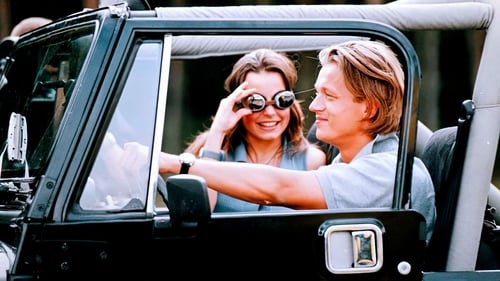
"Skorpion"
"Młode wilki 1/2" to druga część historii o młodzieży, która wchodzi w życie w realiach drapieżnego kapitalizmu. Akcja toczy się w 1994 roku, kilka miesięcy przed akcją pierwszej części. "Młode wilki 1/2" nie jest filmem o przemocy i zbrodni. Jest to film o przyjaźni, lojalności i pierwszej miłości. Czasem nieporadnie, czasem ze wstydem, bohaterowie filmu odkrywają w sobie uczucia, które znali jedynie jako puste słowa Dopiero w sytuacjach ekstremalnych odkrywają ich nowy sens. Jest to także film o marzeniach i pragnieniach. Zarówno tych zwykłych, banalnych, jak szybkie samochody i ładne dziewczyny, jak i głębszych, jak chęć znalezienia swojego celu w życiu, potrzeba poznania własnej tożsamości.
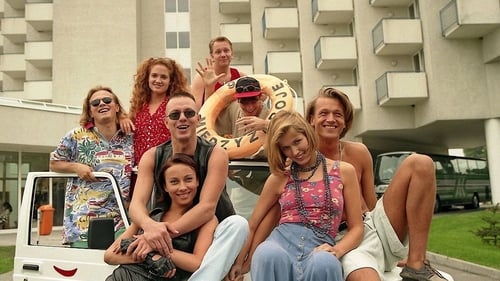
"Scorpion"
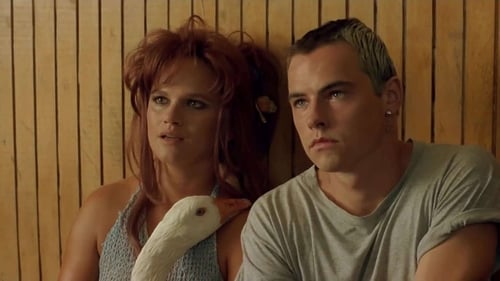
It is July 1995. Kuba Mitura and his little daughter, Zuza, come to a great concert organised by Jurek Owsiak. Kuba tells the girl the story of his youth. It is 1988. The nineteen-year-old Kuba is a rebellious boy with two-coloured hair. He does not study or work. He lives with his father, a retired military man, bitter and apodictic and with his aunt. One day Kuba meets Diana, a beautiful and eccentric woman, a dozen or so years older than him, a person from the "hostile world". However, the two of them become friends. The father throws Cuba out of the house when he introduces Diana as his fiancée. Soon Diana and Cuba get married to a "hippie", but the military policemen, who have been sent by the father, take Cuba away. In the army, Cuba is doing absurd exercises under the watchful eye of Corporal Kos trying to raise him. The father takes the oath and Diana, who confesses to Cuba that she is pregnant and wants to give birth. But Cuba does not want to become a father.

mężczyzna w łańcuchu (nie występuje w napisach)
TV movie directed by Maria Zmarz-Koczanowicz.
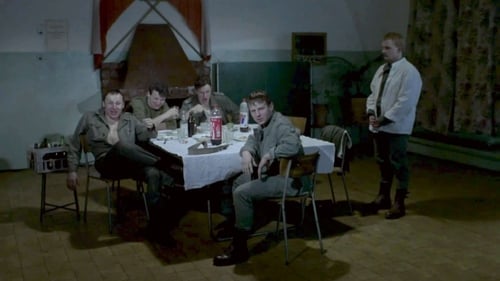
Andrzej
Do jednostki wojskowej przyjeżdżają nowi poborowi. Starsi koledzy ostrzegają ich przed Tygrysem, byłym kryminalistą, faktycznym władcą kompanii, słynącym z bezwzględności i sadyzmu. Co gorsza jest on w praktyce bezkrany, gdyż przełożeni chociaż wiedzą o jego wybrykach, nie reagują. Już pierwsze dni służby wystawiają cierpliwość świeżo upieczonych "kotów" na ciężką próbę. Grupka starszych żołnierzy, czekających na przejście do rezerwy bije, upokarza i demoluje dobytek poborowych. Ich okrucieństwu i złośliwości najodważniej próbuje przeciwstawić się niejaki Kowalski.

policjant
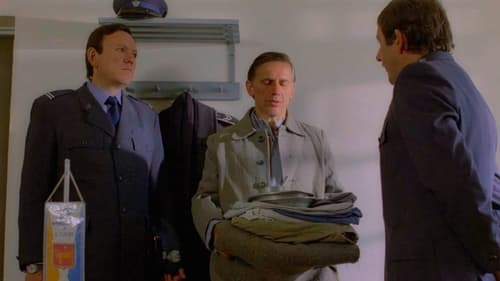
strażnik w areszcie (nie występuje w napisach)
Partly thriller, partly dark comedy, the tagline of this film announce that any resemblance to real-life characters and situations were completely intentional. This had the audience guessing who the main characters were supposed to represent: those biznismeni and post-socialist yuppies who after 1989 teamed up with their former enemies to exploit Poland ruthlessly.

Krzysiek Buk
As high school students put on a politically-engaged school play, tensions begin to rise between them and their headmaster. The conflict seems to mirror the social situation in the 1980s Poland.

Vašek Kala
Based on the only extensive prose work by the surrealist painter Josef Capek, Shades of Fern most resembles the philosophical fairy tales and fables of Josef’s older brother, the legendary Czech novelist and playwright Karel Capek. Two young poachers, more boys than men, kill a gamekeeper when they are caught illegally hunting. Panicked, they retreat into a forest that grows steadily more forbidding and deadly as their fear for the future—and guilt over their action—mounts. Loosely based on hundreds of oral folk tales and legends that haunt the woods of Czechoslovakia, Vlácil’s contemporary updating artistically underscores the relationship between man and nature, crime and punishment, isolation and society, and guilt and memory.
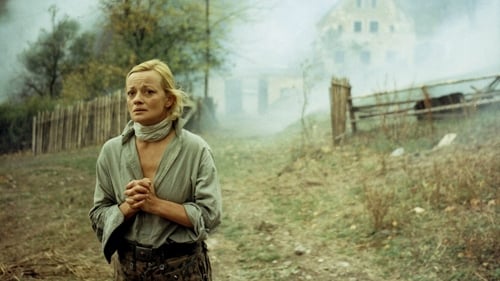
Drama set on an isolated farm on the Czech-Polish border immediately after the end of WWII.








